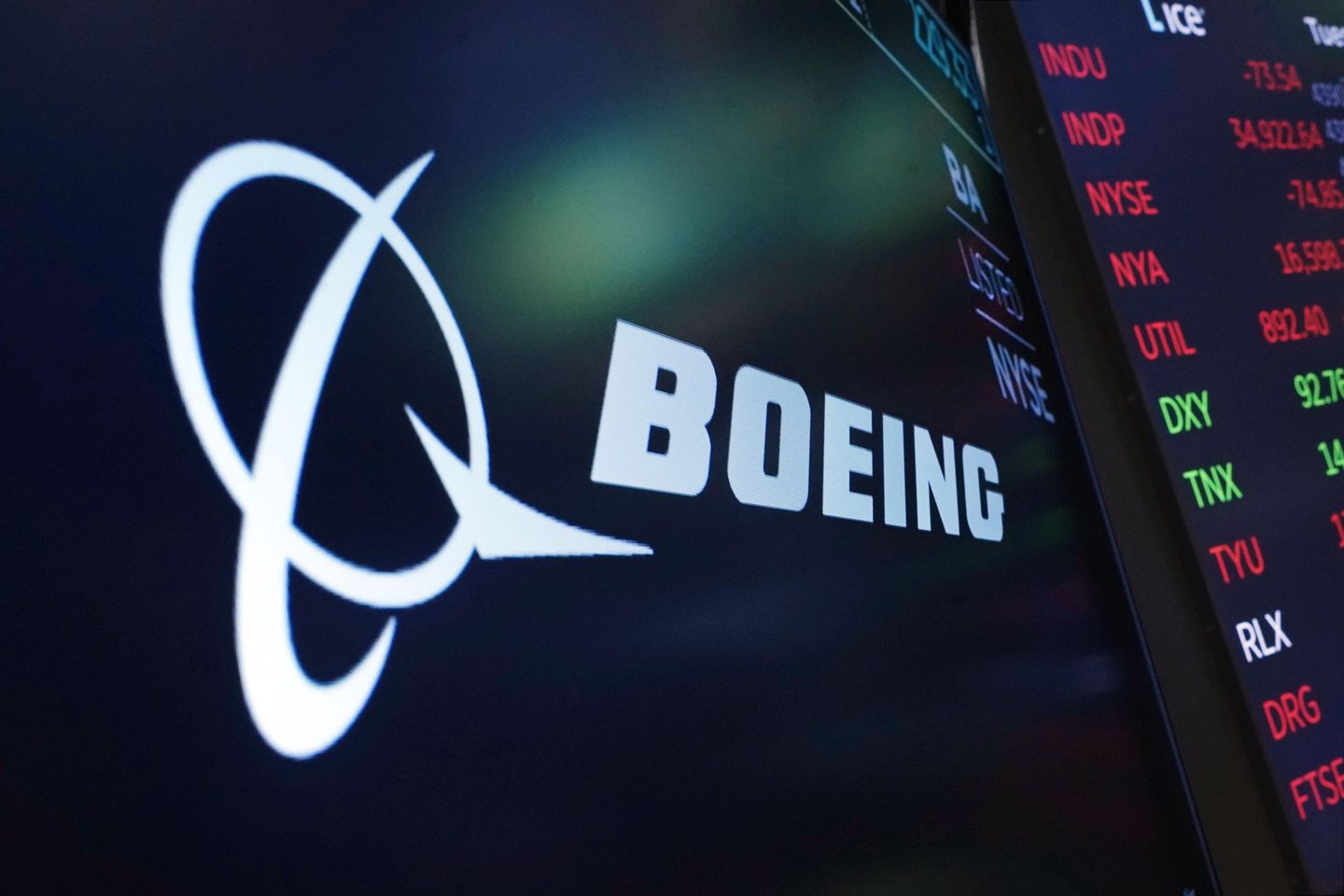
The fuselage panel that flew off an Alaska Airlines plane earlier this month had, according to multiple reports, actually been removed for repair and reinstalled improperly by Boeing workers on the final assembly line in Washington state.
If the information gets confirmed by the National Transportation Safety Board investigation, it would make Boeing hold the majority of the responsibility for the accident rather than Spirit Aerosystems, which originally installed the panel into the 737 MAX 9 fuselage in Kansas.
The piece that blew off Alaska Airlines Flight 1282 on Jan. 6 was a door plug used to seal a hole in the fuselage, which was sometimes used to accommodate emergency exits.
A whistleblower who claimed to be a Boeing employee revealed details last week on the aviation website Leeham News and Analysis about how the door came to be taken off and reinstalled improperly.
“The reason the door blew off is stated in black and white in Boeing’s own records,” the anonymous whistleblower said. “It is also very, very stupid and speaks volumes about the quality culture at certain portions of the business.”
The person said that the company’s records reflect that the four bolts that are needed to prevent the door plug from sliding off the door-frame stop-pads, which hold the pressurization loads in flight, “were not installed when Boeing delivered the airplane.”
“Our own records reflect this,” the whistleblower said.
The lengthy post on the website details Boeing’s production system as a “rambling, shambling, disaster waiting to happen.”
The Seattle Times, citing “someone familiar with the details” of the investigation, confirmed the whistleblower’s account Wednesday.
Alaska Airlines CEO Ben Minicucci said an inspection of the airline’s stock of 737 Max 9 planes after the incident found “many” of the planes had loose bolts.
“I’m more than frustrated and disappointed,” Mr. Minicucci told NBC News. “I am angry.”
“This happened to Alaska Airlines. It happened to our guests and happened to our people. And my demand on Boeing is — what are they going to do to improve their quality programs in-house,” he added.
After the accident, the Federal Aviation Administration ordered all Boeing Max 9 planes to be grounded. The agency also called for an audit of Boeing’s Max 9 production line and supplies “to evaluate Boeing’s compliance with its approved quality procedures. Boeing and its suppliers will also be monitored.












